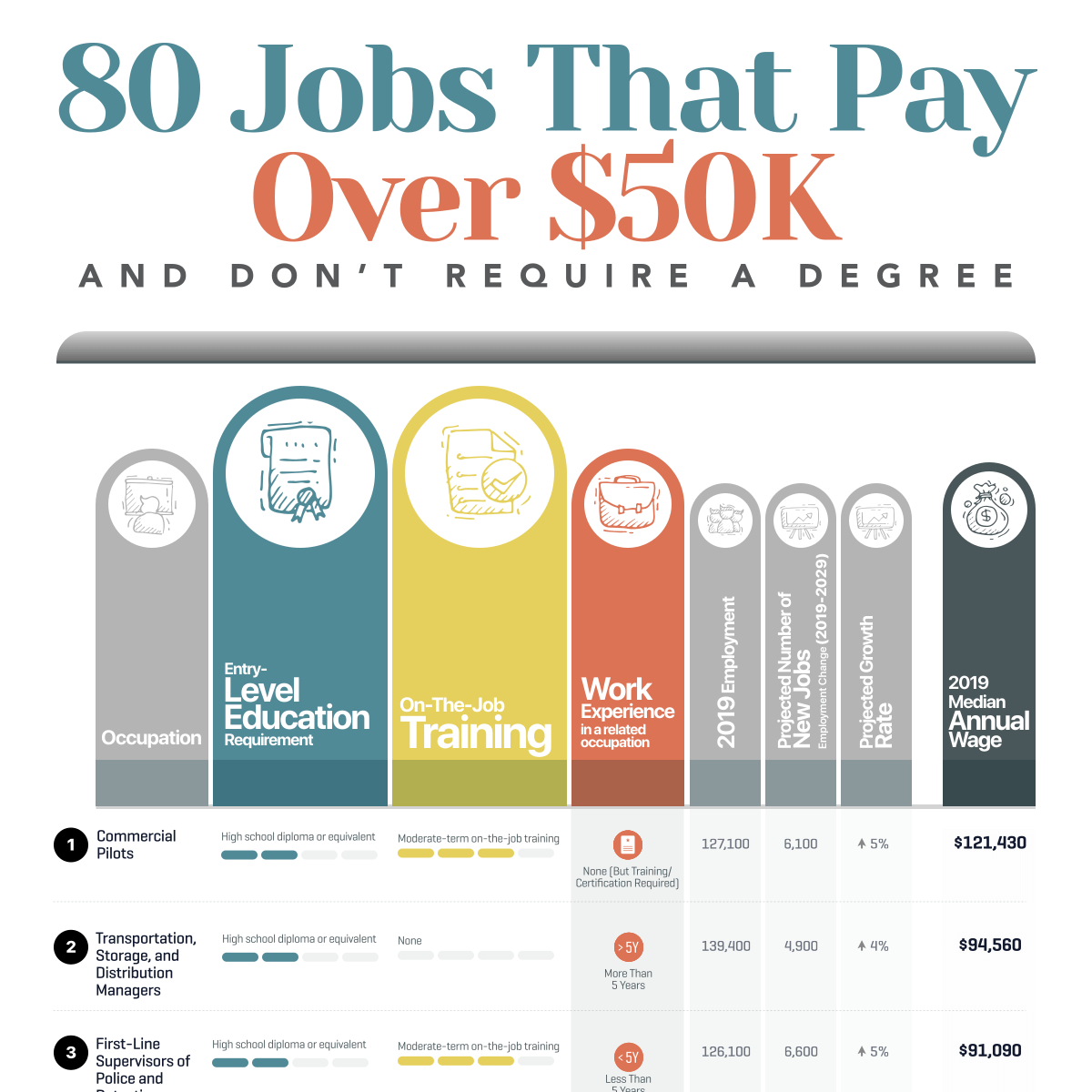Meet the Lead Instructor
Thomas Carlton holds his certification in HVAC with additional certifications as a journeyman HVAC, refrigeration service EPA Types II and III, EPA 608 Universal and the Refrigeration Service Engineers Society (RSES). He also holds New York FDNY Q01 Refrigeration Engineer certification. He earned his Certificate in HVACR Technology from the Lincoln Technical Institute in New Jersey. Thomas has 20 years of work experience in the heating, ventilation, air conditioning and refrigeration profession. This experience includes environmental engineering firms, educational institutions and property management firms. He is an assistant chief engineer at a property management firm and an HVAC/R instructor.
Thomas Carlton, HVACR, EPA Universal Certification
HVACR Program Instructor/Course Expert








